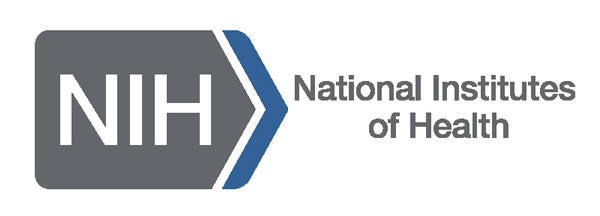
As a young institution in the University of California system, UC Merced has placed a strong emphasis on serving students who are the first in their families to pursue graduate education.
With its strong commitment to diversity, equity and inclusion, UC Merced’s Graduate Division has created a supportive environment for students from all backgrounds by implementing several programs and policies, including a peer mentoring initiative designed for incoming graduate students.
The Grad EXCEL Peer Mentoring program began in 2017 with the goal of providing support to first-year Ph.D. students, to enhance a sense of community and belonging, as well as improve persistence in their graduate programs.
In its original form, Grad EXCEL consisted of graduate program chairs nominating senior graduate students to act as mentors.
“As the campus’s graduate programs have matured and the student community has nearly doubled in size, there is now a need to ensure that the peer mentors are well-prepared, supported and equipped with the necessary skills and knowledge to provide effective mentoring,” Associate Graduate Dean Sayantani Ghosh said. “In 2023, Graduate Division overhauled Grad EXCEL and we now accept applications from all interested graduate students.”
Also, selected peer mentors receive a structured and standardized training program consisting of monthly workshops led by Graduate Academic Counselor Maria Nishanian, who is trained by the Center for the Improvement of Mentored Experiences in Research.
The training emphasizes that effective mentoring not only supports the mentee but also fosters the personal and professional growth of the mentor. Upon completion of this program, peer mentors get a digital badge that can be displayed on LinkedIn and similar platforms.
A survey of the first cohort of peer mentors highlighted numerous benefits from formal training. Many found analyzing real-world scenarios and hearing diverse perspectives from other mentors extremely insightful and helpful for improving their own mentoring approaches.
“Being part of a community of peer mentors and learning from their varied experiences across different departments was also highly valuable,” Nishanian said. “Discussions around practical concepts and techniques such as aligning expectations, maintaining effective communication, individual development plans and mentoring contracts and tools were seen as useful takeaways.”
For those interested, applications for 2024-2025 Grad EXCEL peer mentors are now open.




